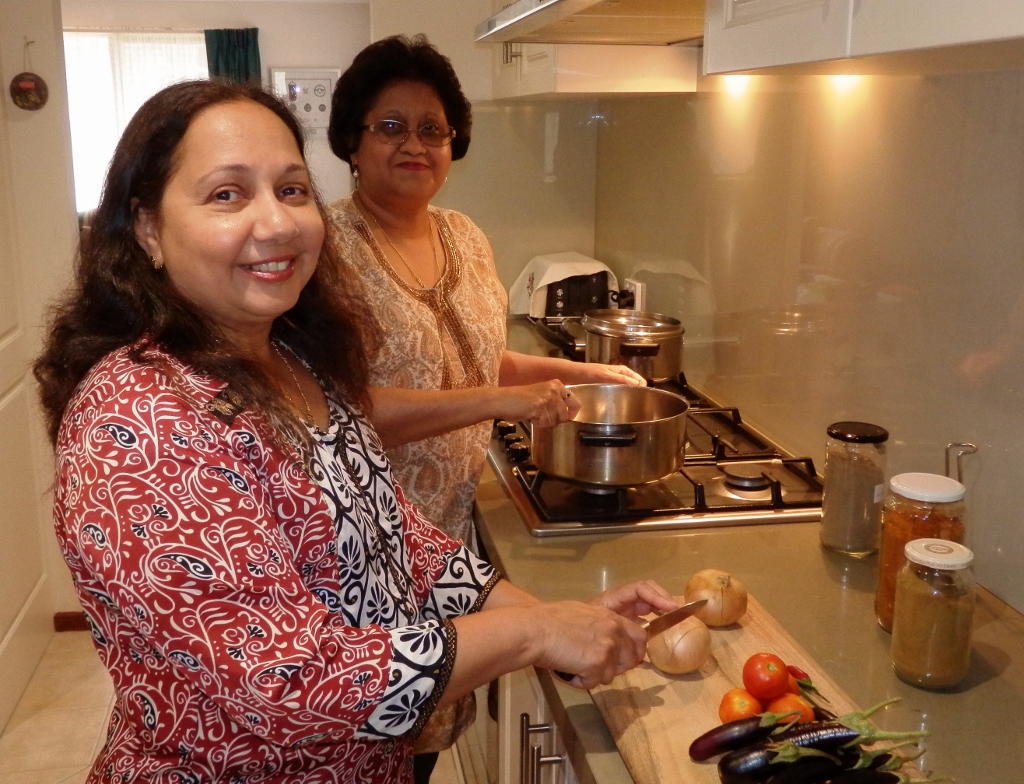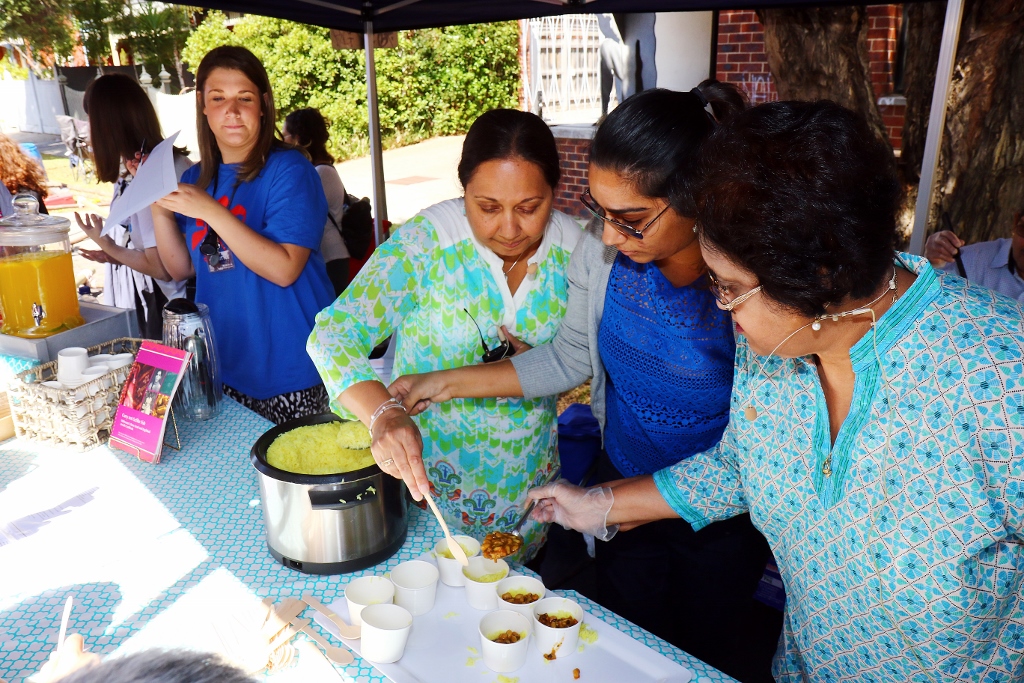Going back to a history of almost 2100 years, FOOD is exactly what identifies the little-known Jewish Indian community – ‘Parsis’ as they are loosely referred to in India.
However, Mumbai-born Jews, Salome Erulkar and Jennifer Mordechai are vociferous to be specifically known as “Jewish-Indian”.
In fact, “Parsis are Zoroastrians from Iran”, clarifies Salome.
Zoroastrians are known to have immigrated to India during the eighth century in the heist of Arab invasion; and Jews “have lived in India perhaps for millennia and at least since the Middle Ages”, wrote Shai Secunda of Jewish Ideas Daily.
While Garcia da Orta, a Portuguese physician born to a Spanish Jew, attempted to correct the interchanging parlance of ‘Parsis as Jews’ in India, in the 16th century, “the association between Parsis and Jews has remained strong from the Early Modern period to contemporary times.
“Parsis are still sometimes called the “Jews of India”— Shai noted.

Very eager to maintain their Indian links and Jewish heritage, both Salome and Jennifer who belong to the Bene Israel (from Bombay) sect of the Jewish community in India, and now residing in Melbourne; wish to identify themselves as ‘Australians with Indian-Jewish heritage’.
Food is central to this Jewish-Indian community and both ladies were the stars at a Jewish Street Festival – One Voice, held in Elsternwick recently.
Dishing out black-eyed bean curry with yellow rice, green pea and potato curry, pappadams and the unique Shabbat cake called Kanavli, Salome and Jennifer created a sensation; even giving random verbal tutorials, for all eager to learn cooking Jewish-Indian food.
While Salome and Jennifer still maintain a Bene-Israel ritual called ‘Malida’ – with men sitting around a plate of roasted rice, fruits, spices and singing praises of Prophet Elijah; yet their cuisine is now infused with “variety of spices used in Indian cooking gives a unique flavour to our recipes… I still use a lot of traditional Indian spices in my cooking”.
“We don’t mix milk and meat in our recipes”, told Salome speaking to Bharat Times about certain Jewish limits – ‘laws of kashrut’, they still exercise; yet infusing their recipes with all that is Indian.
Jewish-Indian cooking while matching poultry with raisins and nuts; also adds all the lovely Indian spices – Cardamom, Turmeric, Ginger, and Cloves.
Coconut milk finds its way into a distinctive Jewish-Indian fish recipe.
Favoring fish, coconut, rice, fresh herbs and plenty of spices – Bene Israeli cuisine replaces cream with coconut milk for meat dishes, and traditional clarified butter with oil.
Coconut milk is also used for traditional dessert mixed with nuts, cornflour and spices that is always made for special occasions.
The legendary Jewish-Indian Puri – a deep-fried, layered pastry stuffed with sweet semolina is a regular; especially when breaking religious fasts.
Both women, contributed to Curry not Gefilte Fish, a cookbook published, by the National Council of Jewish Women and funded by Victorian Multicultural Commission.
Salome, who lives in the outer eastern suburbs, says: “Indian Jewish food involves a lot of vegetables, chickpeas and lentils but we also cook mutton, chicken and ‘kosher’ fish – fish with scales.”

Jennifer lives in the northern suburbs and is a member of a Sephardic synagogue in Balaclava.
The little known Jews-of-India have always been an object of fascination to other Jews, because of their Indianess – permeating into their culture, dressing and food; and thus emerged the unique Jewish-Indian community of Australia.
Festival Manager Judith Weizman said that “Jews in India experienced little anti-Semitism and they developed good relations with the local community in what was a predominantly Hindu society… there are still eight synagogues in Mumbai.”
The oldest Bene Israel synagogue is in Mandvi – Mumbai, which was built in 1796.The native language of the Bene Israel ancestors was Marathi.
Jewish-Indian cuisine is known for Hameen – fragrantly spiced rice and chicken – a traditional dish cooked overnight for the Sabbath lunch, next day.
Look out for our Cuisine section, for this recipe and other Jewish Indian food.
By Shalini Singh

